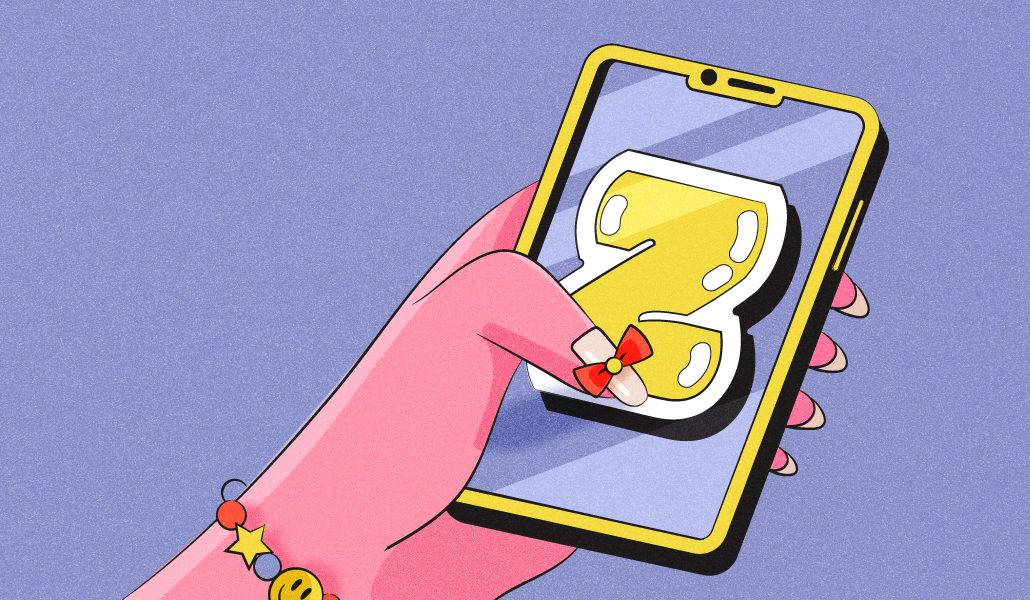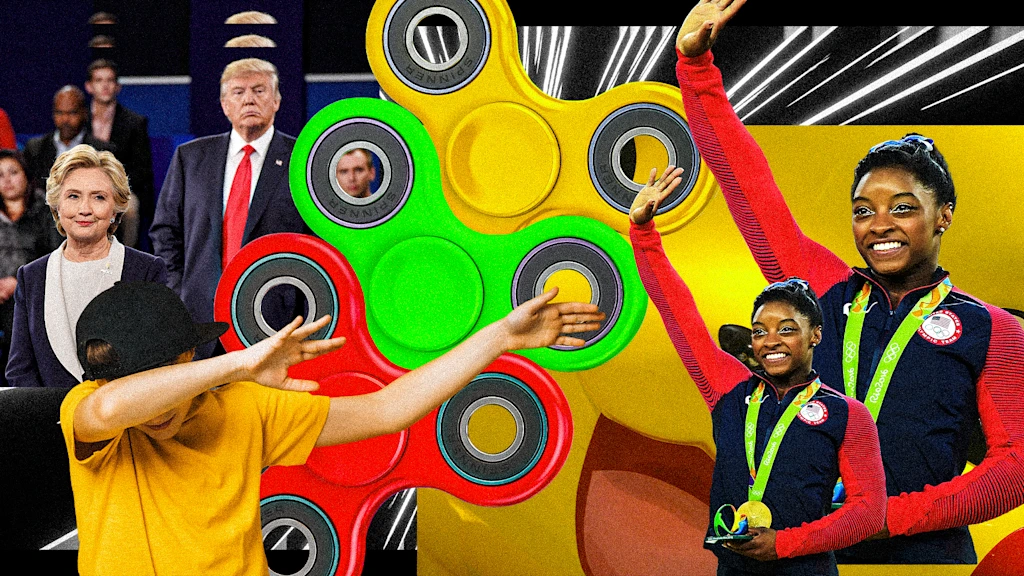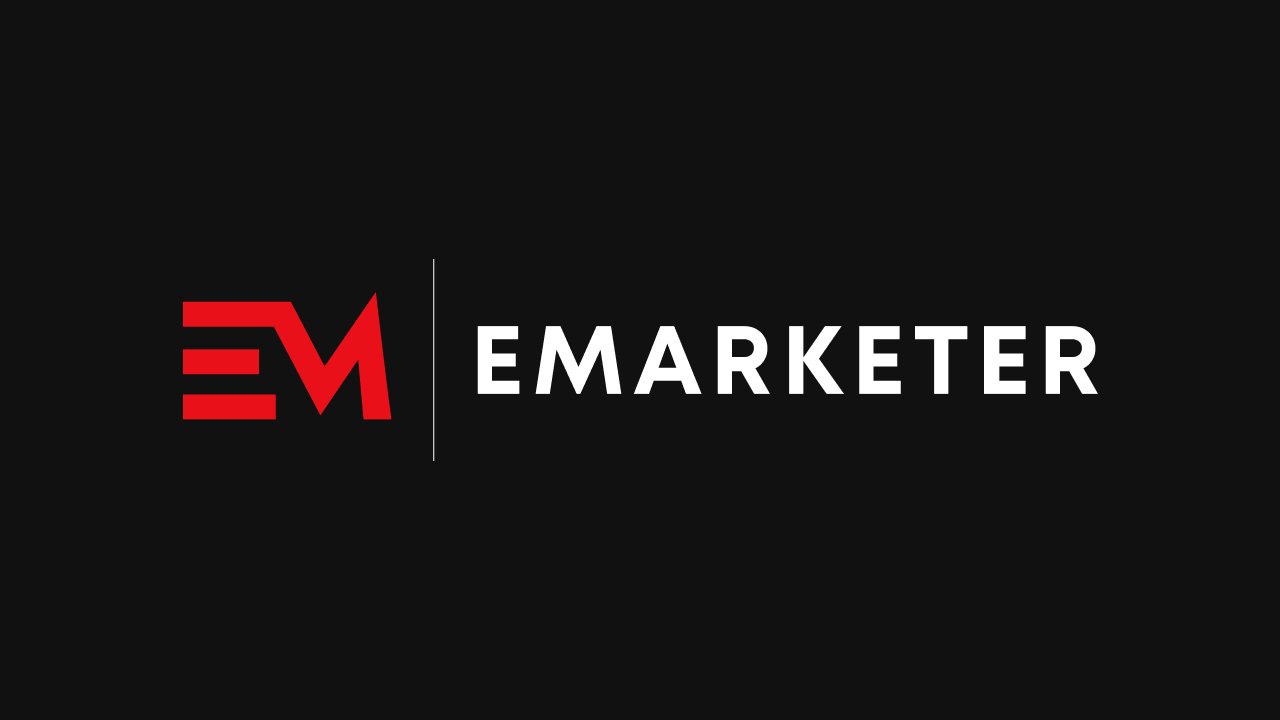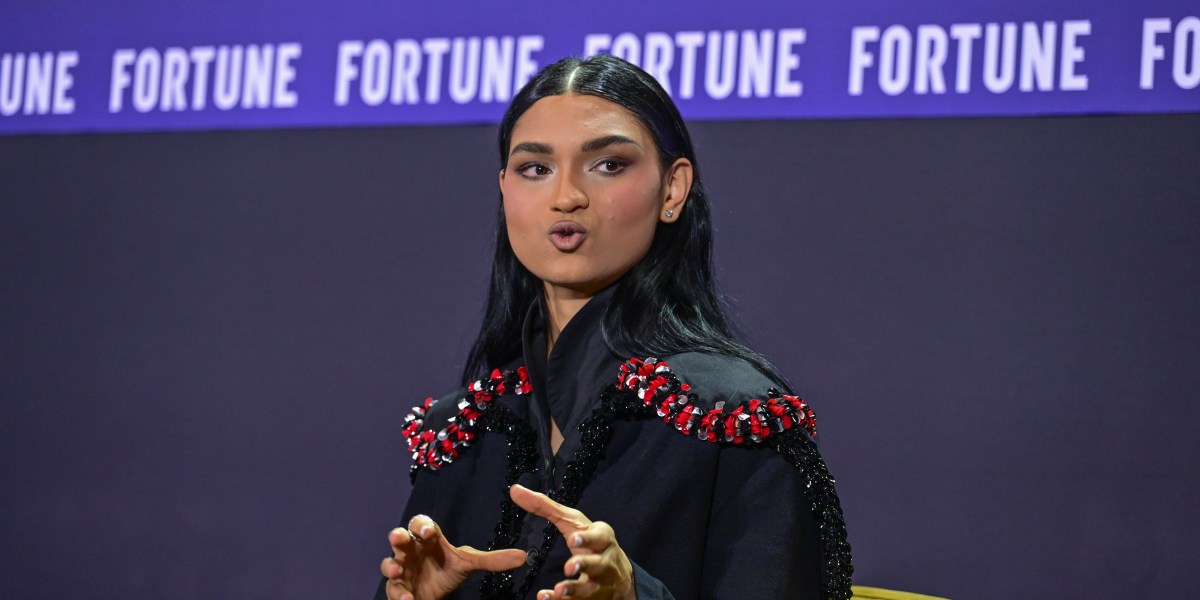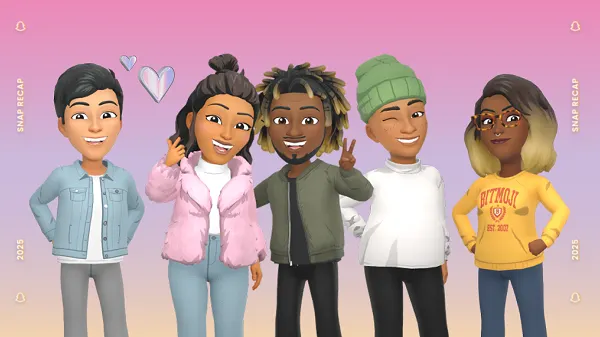Law
fromFortune
3 hours agoLaw school admissions expert sees 'dangerous one-two punch' as Gen Z seeks shelter from the AI hiring storm in 6-figure debt and JD lifeboat | Fortune
Law school applications surged over 40% as Gen Z seeks shelter from a weak job market; employment rates are high now but oversupply risks loom.


